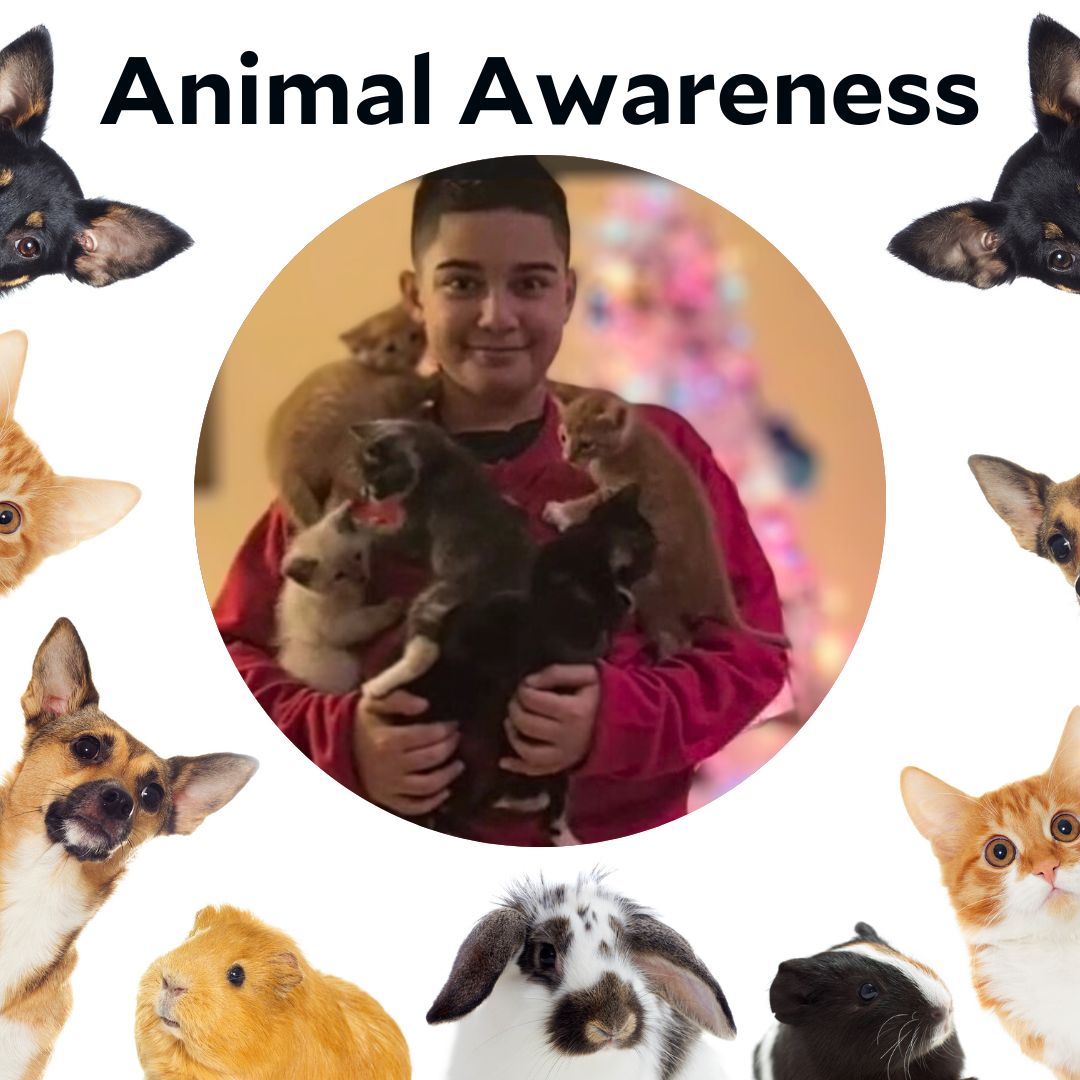Animal welfare is the well-being of animals, both domestic and wild. It includes their physical health, mental health, and natural behavior. Animals have the right to be treated with care and respect, and we all have a role in ensuring their well-being.
Why is Animal Welfare Important?
Animal welfare is essential for several reasons. First, animals are sentient beings who experience pain and suffering. They feel joy, sadness, fear, and love like humans do. Second, animal welfare is linked to human health. Zoonotic diseases, such as rabies and salmonella, can be transmitted from animals to humans. Third, animal welfare has a positive impact on the environment. Animals play an important role in ecosystems, and their well-being is essential for the planet's health.
What Can We Do to Help Animals?
There are many things we can do to help animals. Here are a few ideas:
- Educate others about animal welfare issues. Share information about the importance of spaying and neutering, the dangers of declawing, and the signs of animal abuse.
- Adopt or foster an animal. Millions of animals in shelters and rescue organizations are waiting for forever homes. By adopting or fostering an animal, you can give them a second chance at happiness.
- Volunteer your time and skills. Animal shelters and rescue organizations always need help cleaning, walking dogs, socializing cats, and more.
- Donate to animal welfare organizations. Your donation can help provide food, shelter, and medical care for needy animals.
- Speak out against animal cruelty. If you see or suspect animal cruelty, report it to the authorities.
Here are some specific animal welfare issues that you can educate others about:
- Spaying and neutering: Spaying and neutering pets help to reduce the number of unwanted animals in shelters. It also has health benefits for animals, such as reducing the risk of certain cancers.
- Declawing: Declawing is a painful and unnecessary procedure that can lead to long-term health problems for cats.
- Factory farms: Factory farms are intensive confinement operations that raise animals in inhumane conditions. These farms contribute to animal cruelty, environmental pollution, and antibiotic resistance. Buy from local producers or consider a vegetarian or vegan diet.
- Animal testing: Animal testing uses animals in research, testing, and education. Many people believe that animal testing is cruel and unnecessary.
- Wildlife trafficking: Wildlife trafficking is the illegal trade of wild animals and their products. This trade threatens the survival of many endangered species.
Educating others about these issues can help create a more compassionate world for all animals.
Here are some additional tips for educating others about animal welfare:
- Use positive language and focus on the benefits of helping animals.
- Share personal stories and experiences.
- Use visuals like photos and videos to make your message more impactful.
- Make it easy for people to take action. Please provide information about how they can get involved, such as volunteering opportunities or donation links.
Together, we can make a difference for animals in need.
Here are some resources that you can use to learn more about animal welfare:
- The Humane Society of the United States: https://www.humanesociety.org/
- The American Society for the Prevention of Cruelty to Animals (ASPCA): https://www.aspca.org/
- The World Animal Protection: https://www.worldanimalprotection.org/
- The Animal Welfare Institute: https://awionline.org/
I hope this blog post has inspired you to learn more about animal welfare and get involved in helping animals.
Remember, even small actions can make a big difference.

